
Organic meats and dairy products are better for your health than conventionally-produced versions. They contain fewer harmful antibiotics and less pesticide residue.
Organic meat and dairy are also higher in omega-3 fatty acids, which may reduce the risk of cardiovascular disease (CVD) and cancer. Moreover, they emit less carbon than their conventional counterparts.
Better for your health
Organic meats and dairy products are safer because they contain no harmful antibiotics, GMOs or pesticides. They also contain more vital nutrients than the non-organic versions.
A recent study from the University of Newcastle shows that organic meat and milk are higher in nutrients such as omega-3 fatty acids and other essential minerals and antioxidants than conventionally raised versions.
The research team found that both organic and conventional meat and milk have slightly lower levels of two saturated fats, while they have a greater percentage of beneficial omega-3 polyunsaturated fats.
In addition, organically grown plants are known to produce a higher percentage of heart-disease fighting antioxidants called flavonoids than chemically grown foods. They also have a lower amount of nitrate, which is associated with an increased risk of certain cancers.
Better for the environment
There are a lot of benefits to eating organic meats and dairy products. The biggest one is that it’s better for the environment.
Eating organic means that you won’t be consuming pesticides or other harmful chemicals. Instead, your food is grown using natural pesticides or non-toxic chemical alternatives.
Another benefit is that organic farming uses less energy, reducing greenhouse gas emissions. This is because organic farms don’t use synthetic nitrogen or fertilizers that can damage the soil.
Choosing organic meats and dairy products also helps reduce your exposure to antibiotic-resistant bacteria. Research has shown that bacteria collected from organic herds is less resistant to antibiotics than those on conventional farms.
In addition, a German study found that meat from organic cows was lower in saturated fat than meat from conventional ones. It also had higher levels of omega-3 fatty acids, CLA, iron, vitamin E and carotenoids.
Better for the animals
Choosing organic meats and dairy products is a good way to help animals. These types of products are free from a number of harmful chemicals and hormones.
Animals on organic farms are given access to the outdoors, are fed only organic feed and do not receive routine antibiotics or growth hormones. The animals are also free from the use of synthetic fertilizers and pesticides and sewage sludge.
These standards are in place to protect the health of the animals and the environment.
In addition, organic products are more nutritious than their non-organic counterparts. They are a good source of vitamins, minerals and antioxidants.
Organic livestock products are also higher in omega-3 fatty acids. This is because organic animals eat grass rather than grains and graze more often.
Better for the farmers
There are many reasons to choose organic meats and dairy products, but it’s important to understand that choosing these foods is better for the farmers as well. When animals are raised organically, they are allowed access to the outdoors with adequate shade, shelter, and clean water.
This helps ensure the health and wellbeing of each animal and allows them to thrive in their natural environment. It also prevents the use of synthetic pesticides and antibiotics, both of which are harmful to humans and animals.
When a farm is certified as organic, the USDA requires that they use methods that don’t involve synthetic pesticides or fertilizers. This means that they will often employ cover crops and other natural methods to help control weeds, pests, and diseases. These methods also help keep soil healthy and fertile, which is essential for the growth of healthy crops.
Frequently Asked Questions
Is organic food better for us?
The Environmental Working Group's most recent report on pesticide residues found in food shows that organic fruits and veggies had almost half the pesticide content of non-organic. Organic apples had eight times less pesticides than nonorganic apples. However, organic strawberries had four times the amount of pesticides as their conventional counterparts.
Some studies also suggest that eating organic food helps reduce your exposure to toxic metals, such as mercury and lead. For example, one study showed that children who ate organic meat had 33 percent lower blood lead levels than those who didn't consume organic meats. Another study concluded that pregnant women should avoid consuming conventional fish due to high levels of mercury.
Organic food is generally safer than non-organic. Experts recommend eating fresh fruits and veggies whenever possible to reduce the chance of developing cancer.
How can I determine if my produce was organic?
These labels will help you ensure that organic produce is purchased.
USDA Organic Certified - Produce certified by the USDA as being 100% organic.
Certified Naturally Grown - Produce that has passed strict requirements for organic practices but has not yet received certification from the USDA.
Pastured/Free-range - Made from animals that graze on grass and herbs outdoors.
These labels indicate whether the product meets certain criteria.
- No pesticides nor synthetic fertilizers
- No genetically altered organisms
- No antibiotics are ever given to the animal
- Animals never receive hormones
- No growth-promoting drug
- No feed additives
- No artificial ingredients
- No irradiation
- No sewage effluent
- GMOs are not allowed
- Antibiotics have never been administered
- No hormones ever given
- No growth-promoting drug
- No feed additives
- No artificial ingredients
- No sewage sludge, if it's not a GMO
- No irradiation
I hope this article was helpful!
What are the benefits to organic farming?
Organic farming provides farmers with a way of producing food without using chemicals. Farmers don't need to worry that harmful pesticides could harm their crops or animals.
Organic farming allows for natural fertilizers to be used. These fertilizers can be used to help grow healthier plants and to reduce the amount produced chemical waste.
Organic farming is also sustainable. To recycle nutrients back into soil, farmers often resort to composting. This helps to reduce pollution and conserve valuable resources.
Organic farming improves crop yields while also helping the environment. Because organic farming uses less water during the growing season, this is why it is so successful.
Organic production also means that farmers get higher prices for their products. Consumers who are more aware about the dangers associated with pesticides, chemical fertilizers, and other chemicals will choose healthier foods.
This raises the demand to produce organic food products. Organic farming is becoming more popular because of this.
Statistics
- To provide the highest quality products and services to every customer, with a dedicated workforce that puts the customer first and takes the extra step to achieve 100% customer satisfaction and loyalty. (hollinsorganic.com)
- Nutrients like omega-3 fatty acids were up to 50 percent higher in organic meats and milk than in conventionally raised products.[3] (en.wikipedia.org)
- When packaged products indicate they are “made with organic [specific ingredient or food group],” they contain at least 70% organically produced ingredients. (usda.gov)
- As for organic meat, regulations require that animals be raised in living conditions that accommodate their natural behaviours (like the ability to graze on pasture), fed 100% organic feed and forage, and not administered antibiotics or hormones. (usda.gov)
External Links
ams.usda.gov
ota.com
doi.org
- The link between occupational pesticide exposure and cancer risk: A review: Journal of Toxicology and Environmental Health. Part B. Vol 15, No 4.
- Genetically modified food: safety, risk and public concerns - a review - Journal of Food Science and Technology
usda.gov
How To
What happens when you switch from conventional products to organic?
Organic products do not contain synthetic fertilizers or hormones. They come only from natural sources of water and free-range animals. Organic means that they are free from chemicals and additives. This product was naturally produced and contains no harmful chemicals.
The term "natural" refers to how food is grown. It is usually used to describe foods that haven't been processed into their final form (e.g., fruits). Natural foods are often fresher because they're not subject to heat radiation, chemical preservatives or any other treatment. Some people don't believe that natural means healthy. Experts agree that organic and conventional foods are very similar. Both types are tested for safety as well as quality. But organic produce has fewer pollutants and pesticide residues than conventionally grown produce.
Most grocery stores now carry organic meats and poultry. Check with your local market if you want organic meat, poultry, dairy, eggs, and seafood. Some companies offer only organic products while others have separate sections. USDA Certified Organic, Non GMO Project Verified. Biodynamic Association Certified. Rainforest Alliance Certified.
These products should not be consumed if you are pregnant. Pesticides are known to affect unborn babies and infants.
Resources:
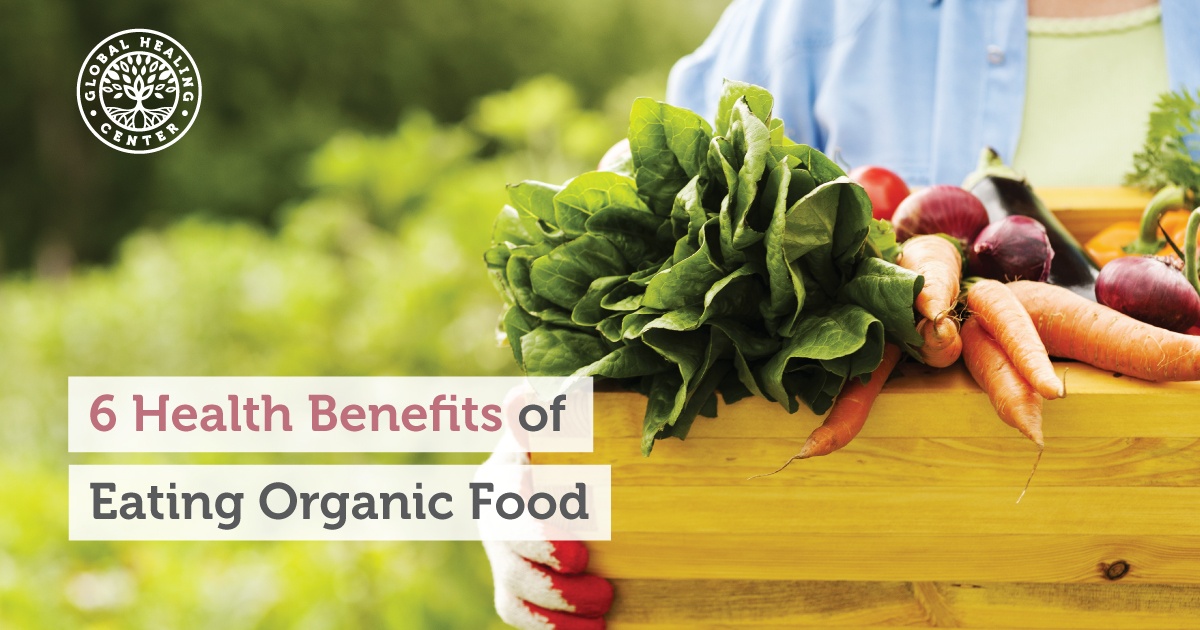 |
Nuts and SeedsNuts and seeds are nutrient-rich crunchy tidbits that add a protein, fiber and healthy fat punch to meals and snacks. They’re also a great source of.. |
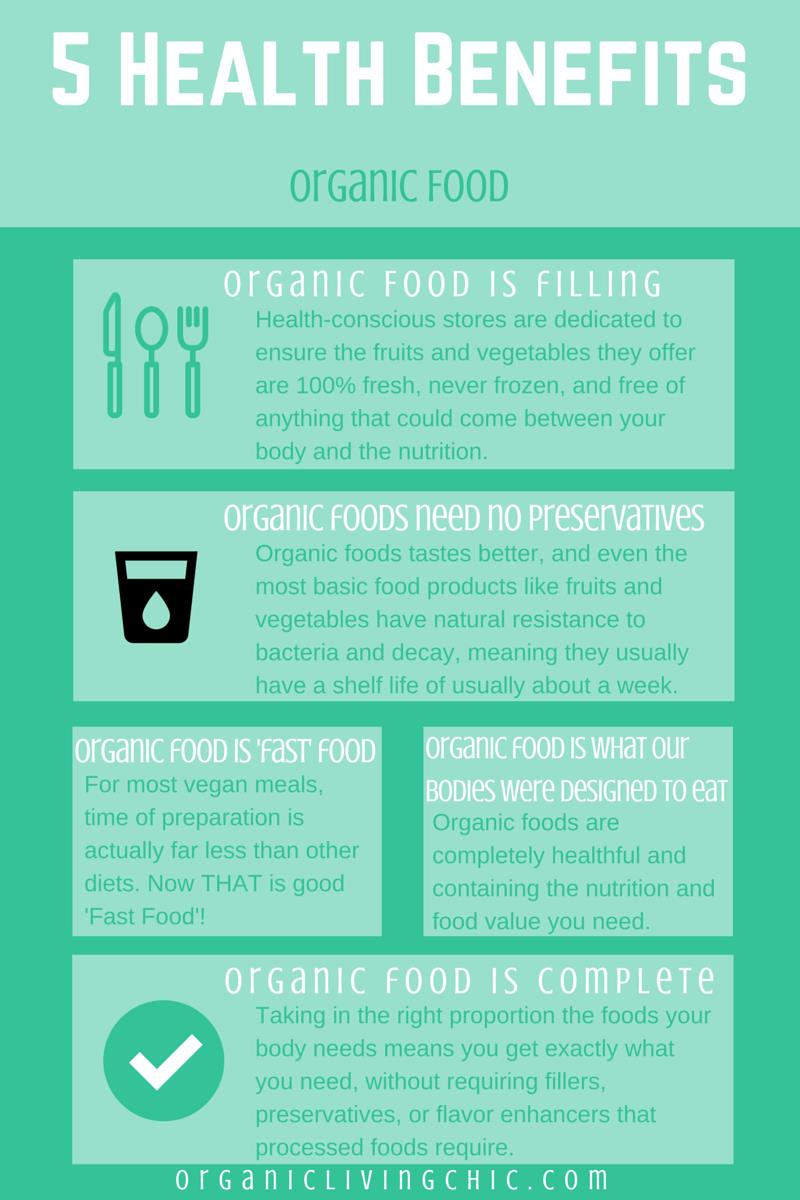 |
Organic Food For A Six Pack? The TRUTH About Organic vs Conventional Foods!Get ripped and keep your strength: http://goo.gl/uLzHn6 Hey guys, it's Clark over at Six Pack Shortcuts and today we're gonna talk about organic vs |
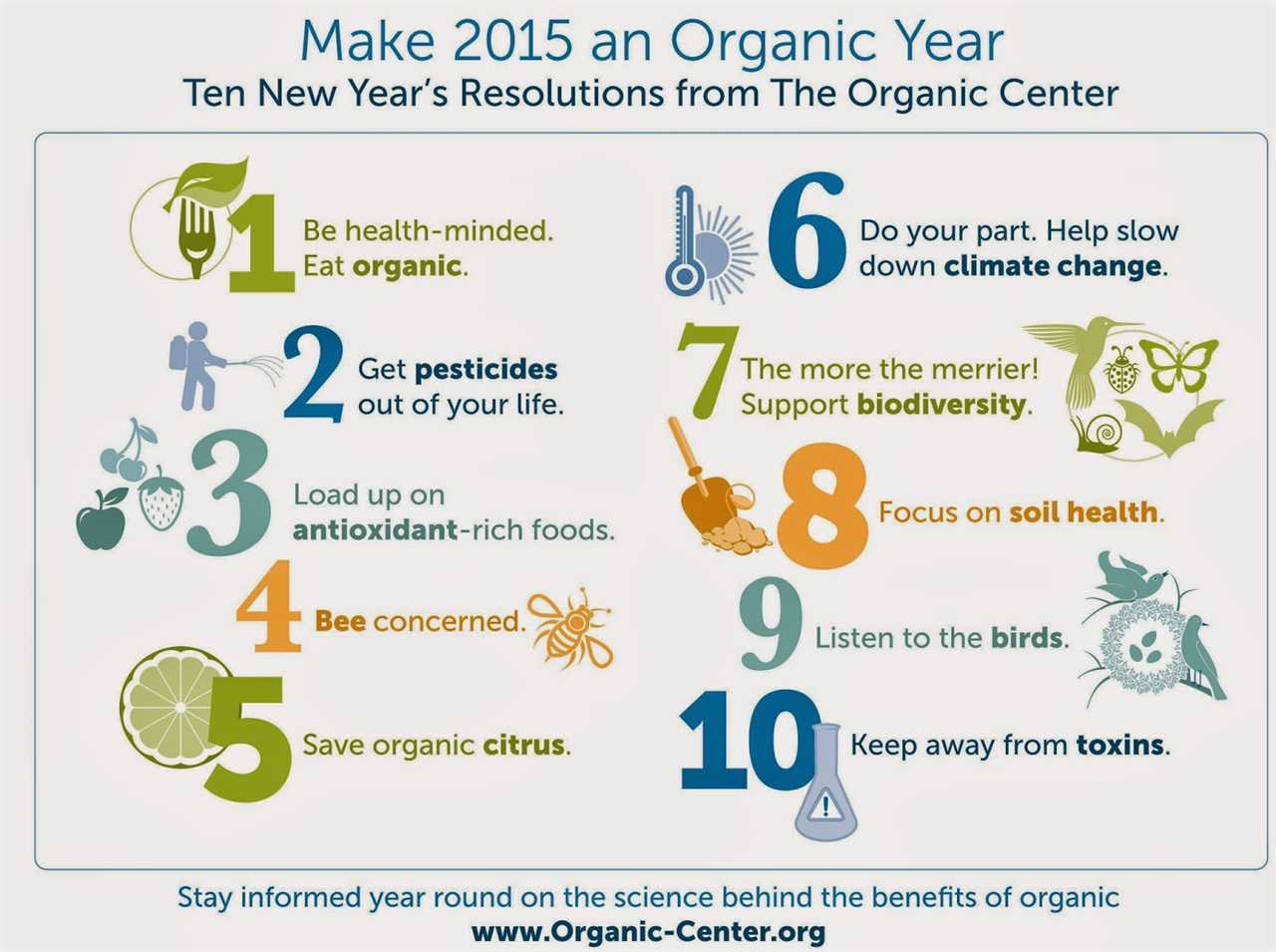 |
Organic vs Conventional Produce - The Dirty Dozen & Clean 15 ExplainedClick https://skl.sh/flavcitywithbobbyparrish to get 2 months of Skillshare for FREE! Here is a full review of the dirty dozen fruits and vegetables and |
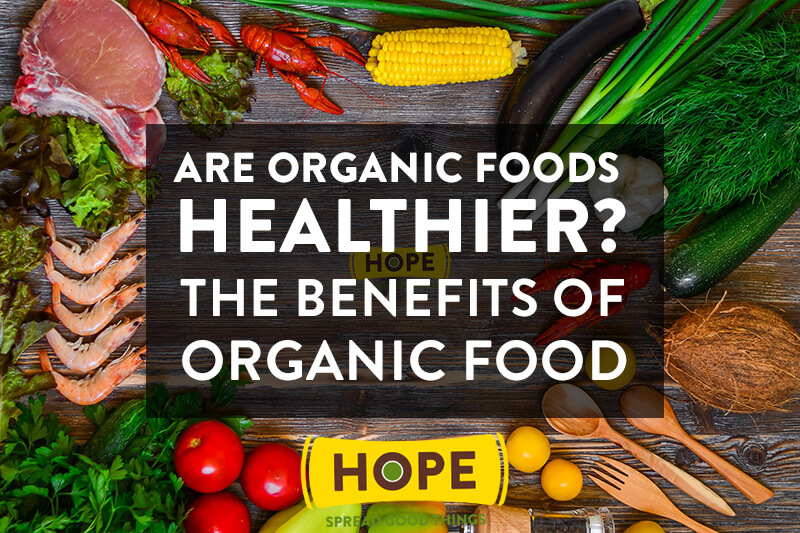 |
Are Organic Foods Really Healthier?It's widely believed that organic foods are more nutritious and safer than non-organic foods, even though the evidence is far from clear. Food certified as |
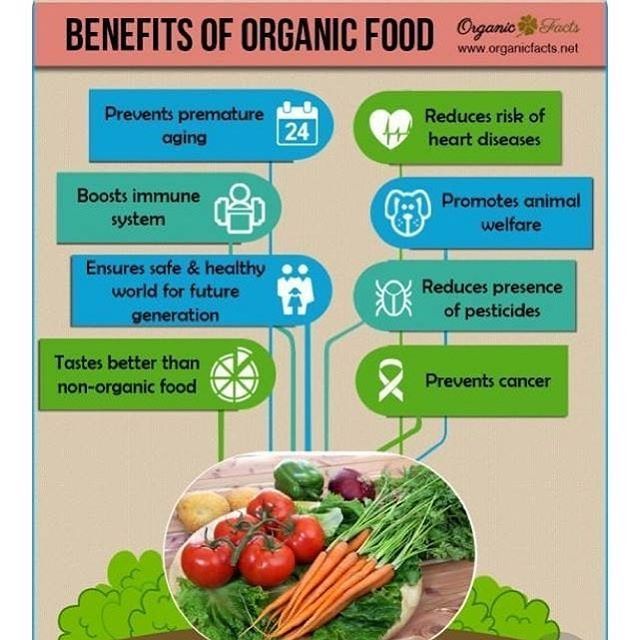 |
Are GMOs Good or Bad? Genetic Engineering & Our FoodAre GMOs bad for your health? Or is this fear unfounded? OUR CHANNELS German Channel: https://kgs.link/youtubeDE Spanish Channel: |
 |
How the food you eat affects your brain - Mia NacamulliView full lesson: http://ed.ted.com/lessons/how-the-food-you-eat-affects-your-brain-mia-nacamulli When it comes to what you bite, che […] |
 |
Is Buying Organic Food Worth The Cost?Subscribe to Goodful: https://bzfd.it/2QApoPk Goodful Goodful Feel better, be better, and do better. Subscribe to Goodful for all your healthy self care |
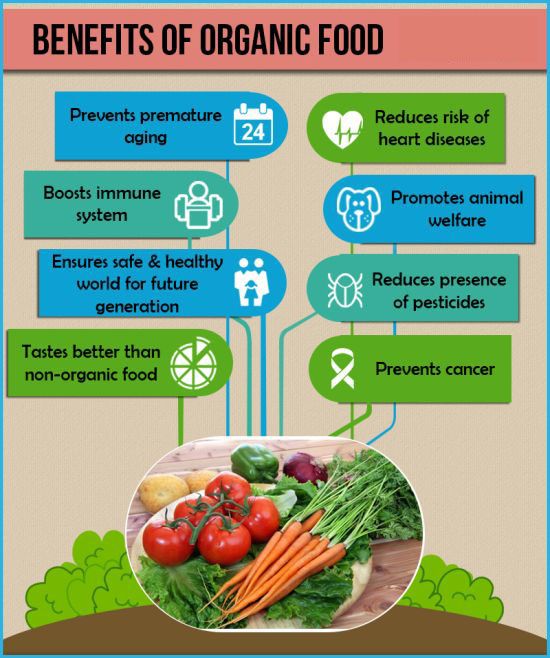 |
Benefits of Choosing Organic Gluten-Free OptionsIf you’ve been diagnosed with gluten sensitivity or celiac disease, you know how hard it can be to avoid foods containing wheat and other grains. But |
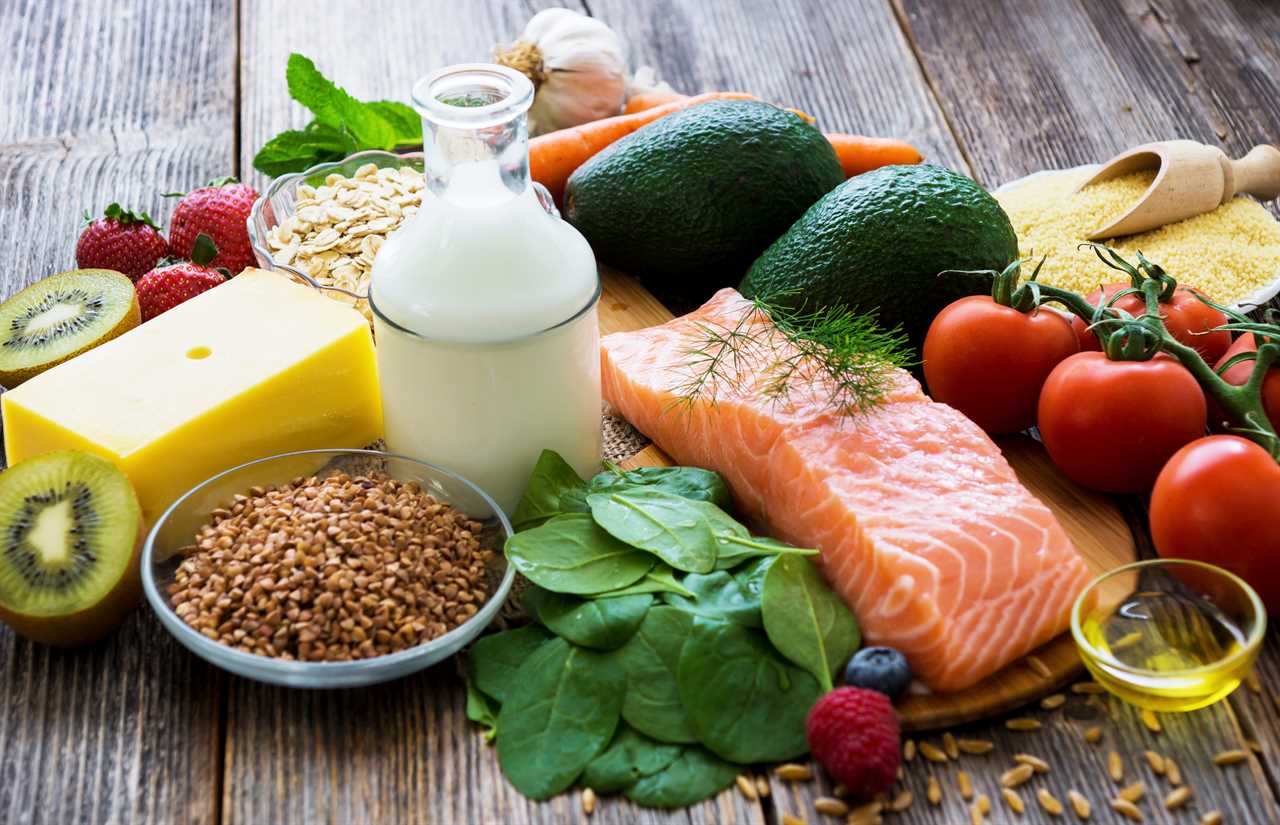 |
Joseph Wang LIVE (Bank Bailouts and Moral Hazards Deep Dive)buy my stuff Come to rebel capitalist live at https://rebelcapitalistlive.com Check out my private, online investment community (Rebel Capitalist Pro) |
 |
Organic Farming and Soil HealthOrganic farming practices promote soil health through crop rotations, symbiotic associations, cover crops and minimum tillage. These management.. |
 |
Research Reveals How Your Body Reacts When You Eat Only Organic FoodsThere is a growing belief that organic foods are healthier for us than non-organic foods. This ever-increasing belief is responsible for significant growth in |
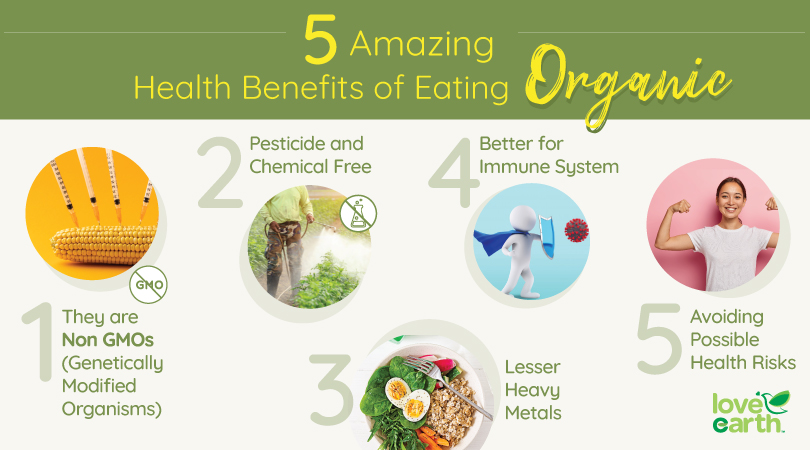 |
Stop Wasting Money on These ORGANIC Veggies (you don’t need to buy them organic)Click Here to Subscribe: http://Bit.ly/ThomasVid Get MY Recommendation on Groceries Delivered to Your Doorstep with Thrive Market: http: […] |
 |
If You Eat an Avocado a Day For a Month, Here''s What Will Happen to YouWhat Will Happen to Your Body If You Eat Avocado Every Day. The avocado is a unique fruit with multiple nutritional and health benefits. How would your body |
 |
Korean GardeningKorean gardening is one of the oldest ways to grow plants. It involves planting herbs, fruits, and vegetables that are used in kimchi, a type of.. |
 |
The Rodale InstituteThe Rodale Institute is a nonprofit organization that aims to support research into organic farming. It was founded in 1947 by J. I. Rodale, an.. |
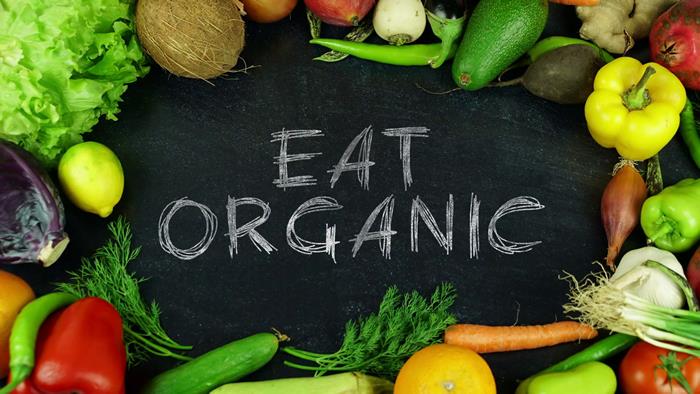 |
Organic eatingOrganic Cultur |
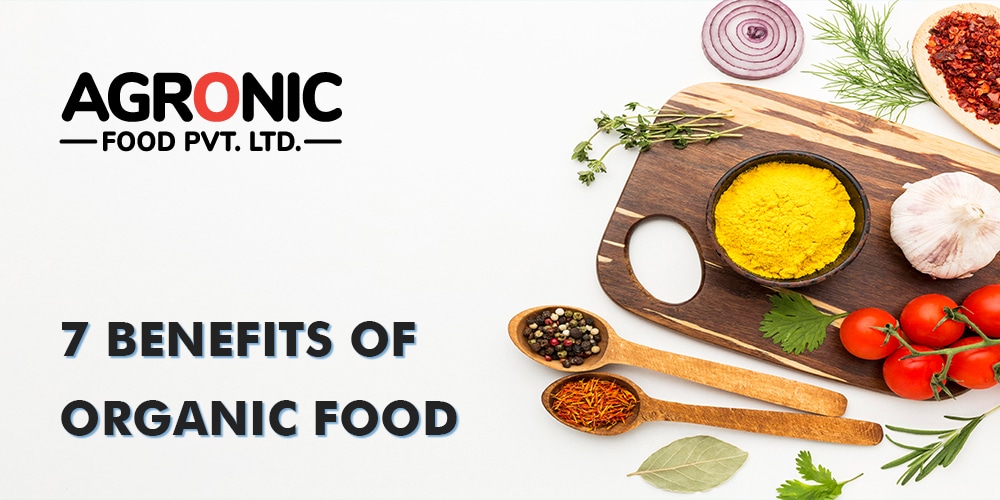 |
What is a Conventional Farm?Conventional farm is the term used to describe a farm that is not organic. It is a form of agriculture that is associated with better soil quality,.. |
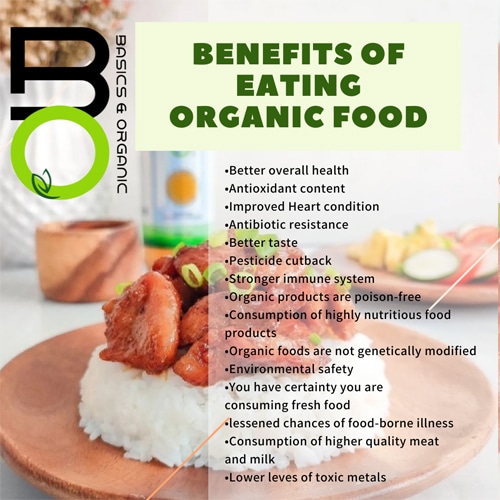 |
Chhattisgarh's Organic Farming SchoolsThe government of Chhattisgarh has started to introduce organic farming schools. This initiative is intended to provide the young generation with the |
 |
Can Organic Be GMO?The question Can organic be GMO is an ongoing debate among many consumers. While it's possible to eat foods that have been produced using genetic.. |
 |
When Did Organic Food Start?The answer to the question when did organic food start? will vary depending on the time period in which you are looking at. For instance, it may be a |
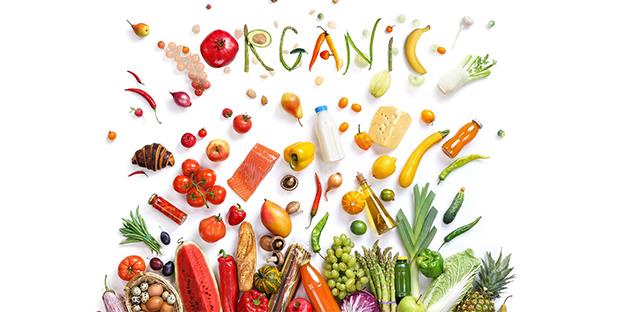 |
Organic Farming PrinciplesOrganic farming is a practice that is designed to be sustainable and healthy. Its principles include avoiding harms produced by industrial farming.. |
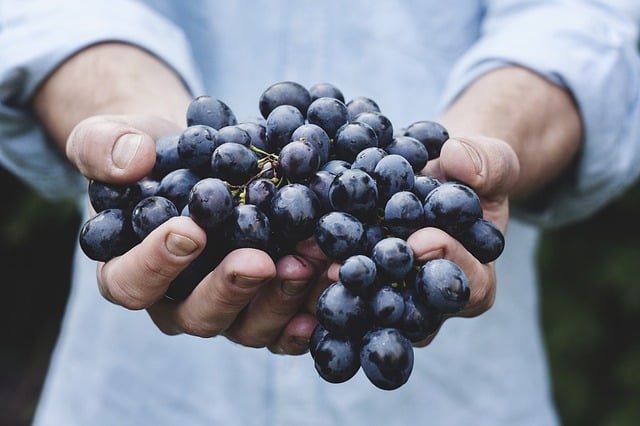 |
Soil Composition and BiodiversityThe soil that we have around us is a vital part of our lives. It is the home for many plants and animals. It also has a texture, a color, and many.. |
 |
The Benefits and Pitfalls of Organic Farming OrganizationsOrganic farming is an approach to farming that is not only ecologically sound, but also financially feasible. It is a method that is free from.. |
 |
Exotic VegetablesWhen it comes to vegetables, there are plenty of choices to choose from. Some of the most popular choices include broccoli, corn, carrots, and.. |
 |
Learn How to Become an Organic Farmer Through a Training ProgramIf you are looking to become an organic farmer, there are several ways you can do so. One option is to take a training program that will teach you.. |
 |
Benefits of Cover CropsIf you aren't familiar with cover crops, you may be surprised to learn that they are plants that are planted to grow on top of the soil to help.. |
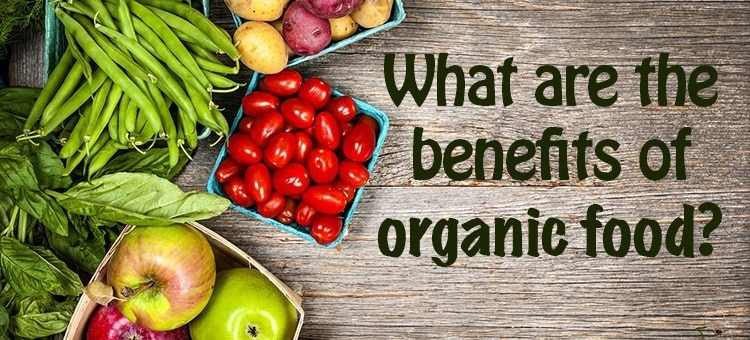 |
What is Organic Cotton?Organic cotton is the type of cotton that is grown without using pesticides or chemicals. It is also the type of cotton that is grown in subtropical.. |
 |
Is Organic Farming Beneficial to Biodiversity?Organic farming is a growing interest in the scientific community, and researchers have been investigating whether the practice is beneficial to.. |
 |
The Benefits of CompostingComposting your waste can be a very effective way of ensuring that your organic material is being broken down to the best of its ability. When.. |
 |
The Difference Between Organic Milk and Regular MilkOrganic milk is a type of milk that comes from livestock that is raised according to organic farming methods. This is a term that is regulated by.. |
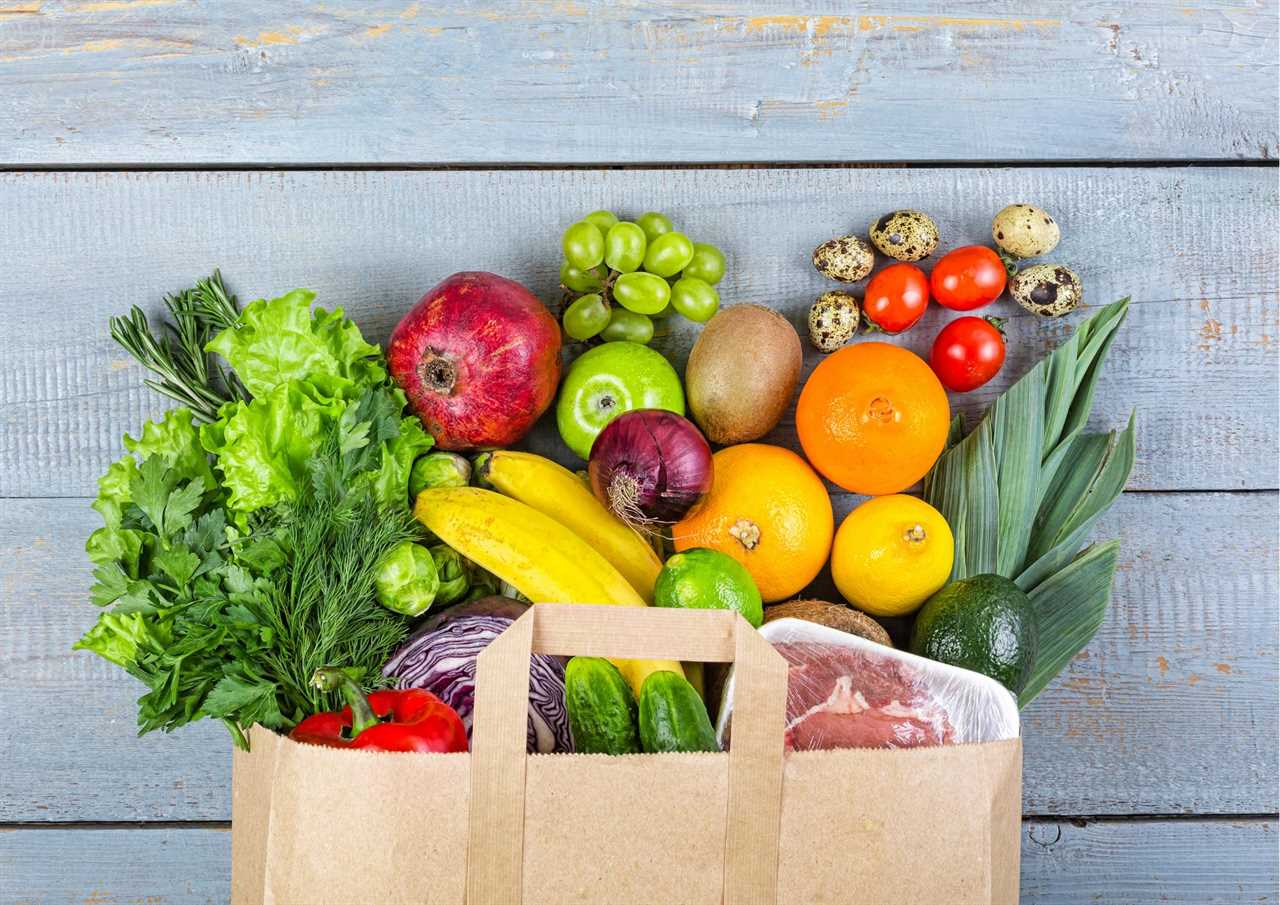 |
Organic Farming MagazineOrganic farming magazine is a resource that provides you with the latest information on organic agriculture, health, and sustainability. It also.. |
 |
The Latest Research on Organic | The Organic CenterResearched articles about eating Organic food |
.png)





